On april 10th 2019 the European Institute for Gender Equality (EIGE) published a report on “Gender Budgeting. Mainstreaming gender into the EU budget and macroeconomic policy framework”. It presents the main research results of the gender budgeting projects of the European Institute for Gender Equality (EIGE) in 2016, 2017 and 2018.
The projects supported policy makers and practitioners from the EU and EU Member States to adopt a consistent and systematic approach to implement gender budgeting as the main tool of gender mainstreaming within EU economic governance and budgetary processes.
The report investigates, on the one hand, how gender equality policies are anchored in the EU budget and, on the other hand, describes in detail how the EU institutions and the Member States can contribute to gender equality through gender budgeting.Continue Reading EIGE Gender Budgeting Report 2019: Mainstreaming gender into the EU budget and macroeconomic policy framework
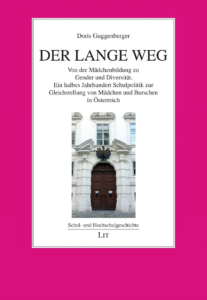 Doris Guggenberger’s “Der lange Weg. Von der Mädchenbildung zu Gender und Diversität“ (2017) sheds light on federal gender mainstreaming policies in the field of education, pointing to federal resolutions, laws, and meeting protocols and addresses questions such as: When, how and in which context has the Austrian gender mainstreaming strategy been developed? What has shaped and influenced it? Who were the main drivers? …
Doris Guggenberger’s “Der lange Weg. Von der Mädchenbildung zu Gender und Diversität“ (2017) sheds light on federal gender mainstreaming policies in the field of education, pointing to federal resolutions, laws, and meeting protocols and addresses questions such as: When, how and in which context has the Austrian gender mainstreaming strategy been developed? What has shaped and influenced it? Who were the main drivers? …  Public Procurement Law applies whenever the state or public authorities procure works, goods or services. While at first glance public procurement law is an instrument to ensure fair competition, there is more to it than meets the eye. As the state or public authorities purchase works, goods or services they act as a role model and shape society and the economy (price dumping vs. competition for quality); and this even more so, as the public procurement market accounts for approximately one fifth of the European GDP.
Public Procurement Law applies whenever the state or public authorities procure works, goods or services. While at first glance public procurement law is an instrument to ensure fair competition, there is more to it than meets the eye. As the state or public authorities purchase works, goods or services they act as a role model and shape society and the economy (price dumping vs. competition for quality); and this even more so, as the public procurement market accounts for approximately one fifth of the European GDP.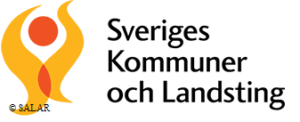 The
The 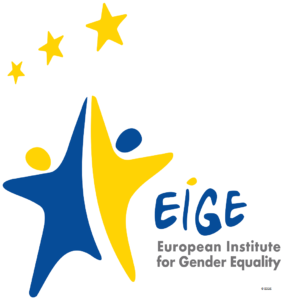
 From 19-23 June 2018, the National Commission on Women Affairs and Socio-Demographic Policy of Kasachstan organised a study visit to Vienna featuring Gender Budgeting in which mostly members of the Ministry of Finance and the Ministry of Economy of Kasachstan participated.
From 19-23 June 2018, the National Commission on Women Affairs and Socio-Demographic Policy of Kasachstan organised a study visit to Vienna featuring Gender Budgeting in which mostly members of the Ministry of Finance and the Ministry of Economy of Kasachstan participated.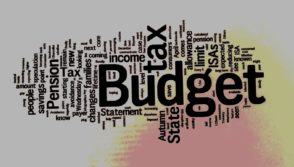
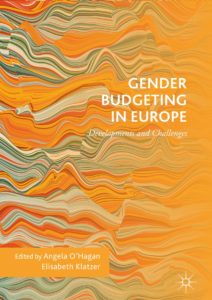
 Conference of the Gender Equality Officer of the German Federal Environment Agency
Conference of the Gender Equality Officer of the German Federal Environment Agency